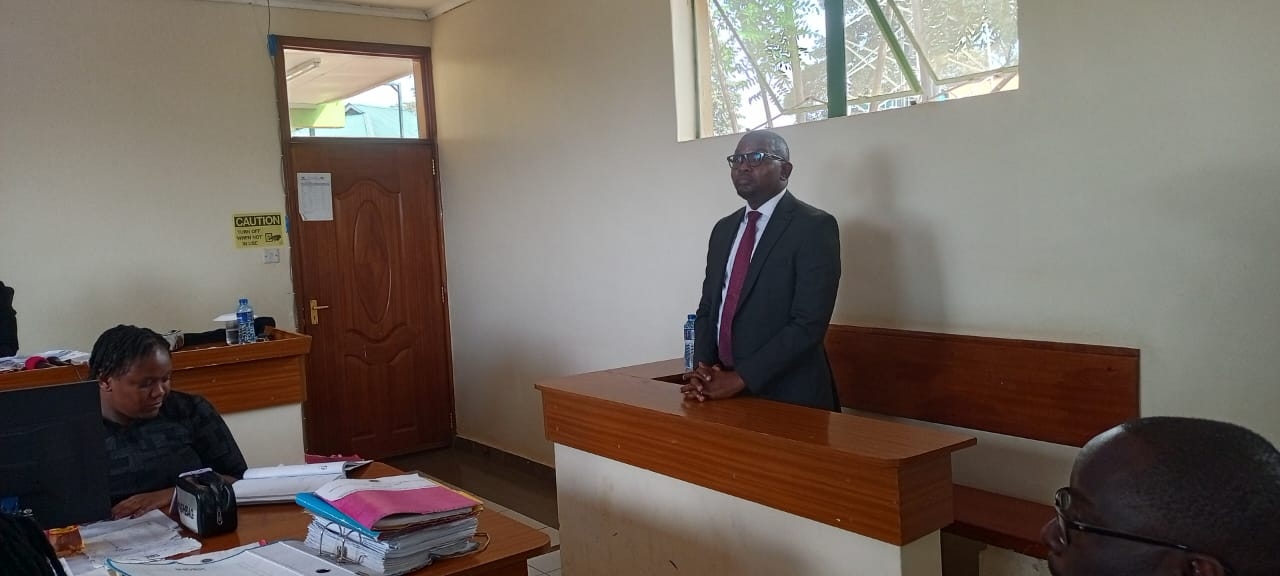March is Colorectal Cancer Awareness Month.
According to experts, regular screening starting at age 45 is key to preventing colorectal cancer (cancer of the colon or rectum).
Colon cancer is the second leading cause of cancer-related deaths worldwide.
According to the World Health Organization, more than 1.9 million new cases of colorectal cancer and more than 930,000 deaths due to colorectal cancer were estimated to have occurred worldwide in 2020.
Here is what you need to know
Signs and symptoms
Many people will not have symptoms in the early stages of the disease but early screening is advised for early detection.
Cancer expert David Makumi says common symptoms include diarrhoea, constipation, blood in the stool, abdominal pain, unexplained weight loss, fatigue, and low iron levels.
"Don’t ignore that constipation; don’t ignore blood in your stools especially when you are in your 40s, 50s and even sometimes we are seeing it in many young age groups even in people who are in their 30s," Makumi says.
Risk factors
The risk of colorectal cancer can be reduced by eating a healthy diet, staying physically active, not smoking tobacco and limiting alcohol. Regular screenings are crucial for early detection.
"Tobacco use of any form is a no; zero alcohol is best in the prevention of colon cancer, we need to be moderate in our nyama choma intake," Makumi advises
Prevention
Lifestyle changes and regular screening can help prevent colorectal cancer. This includes a healthy diet and reducing alcohol consumption.
"Vegetables and fruits are a very important diet that can help in preventing cancer. The other thing is that we need to maintain a healthy weight," he says.
Studies have shown that screening can reduce both the incidence and mortality of colorectal cancer through early detection and removal of precancerous growths.
Treatments for colorectal cancer are based on the type and progression of the cancer and the person’s medical history. Early detection of colorectal cancer can lead to better treatments and outcomes.













